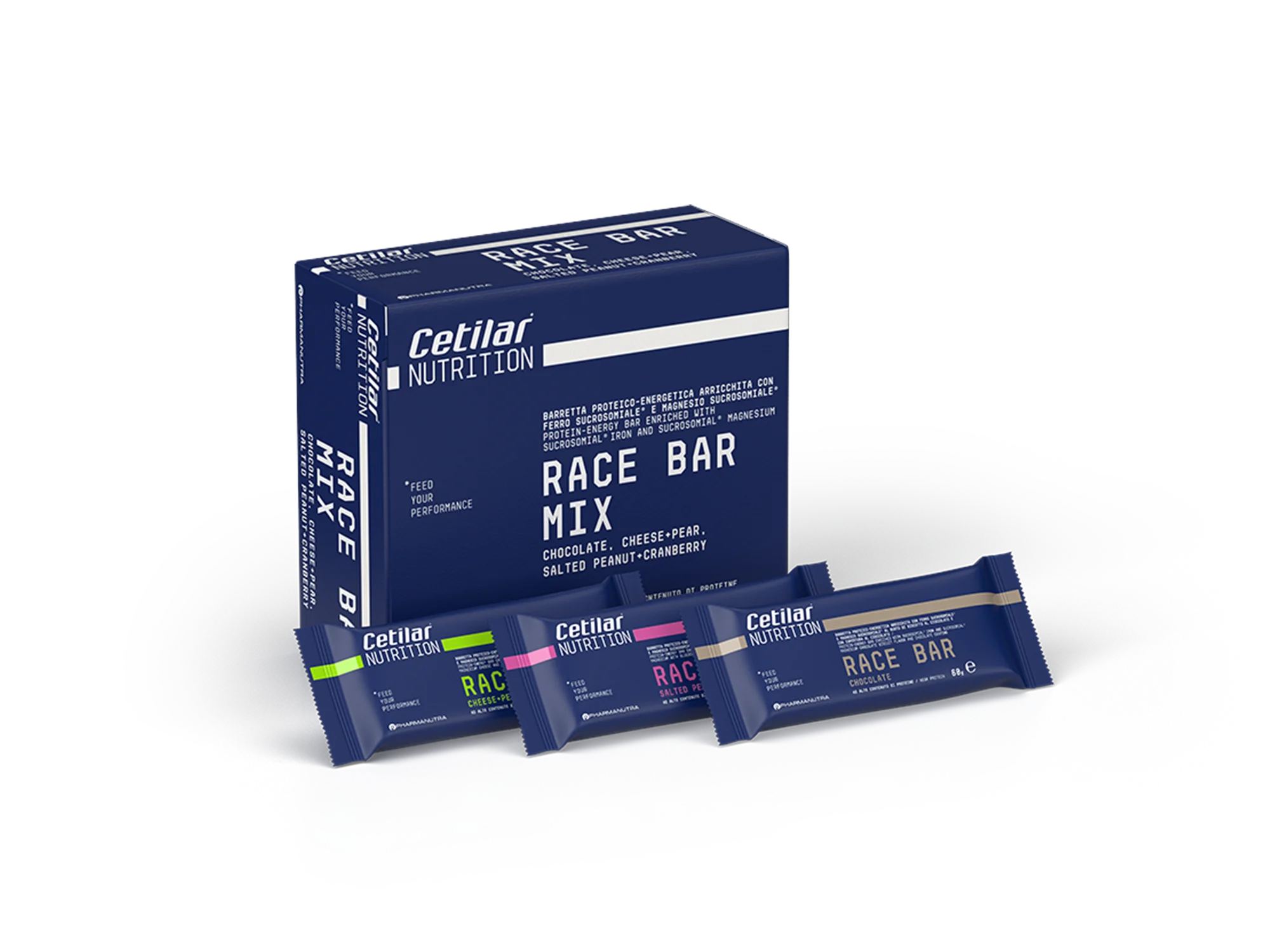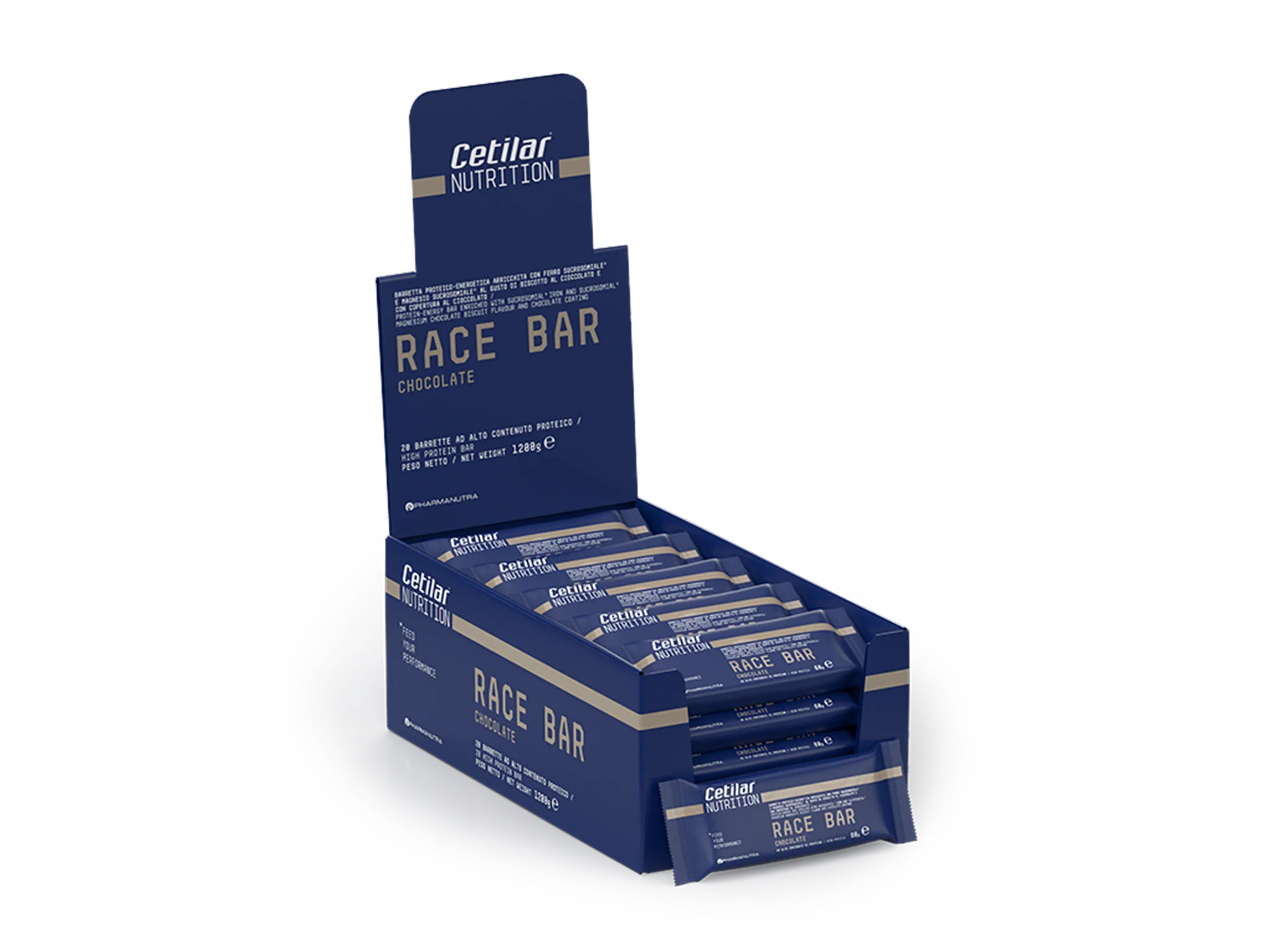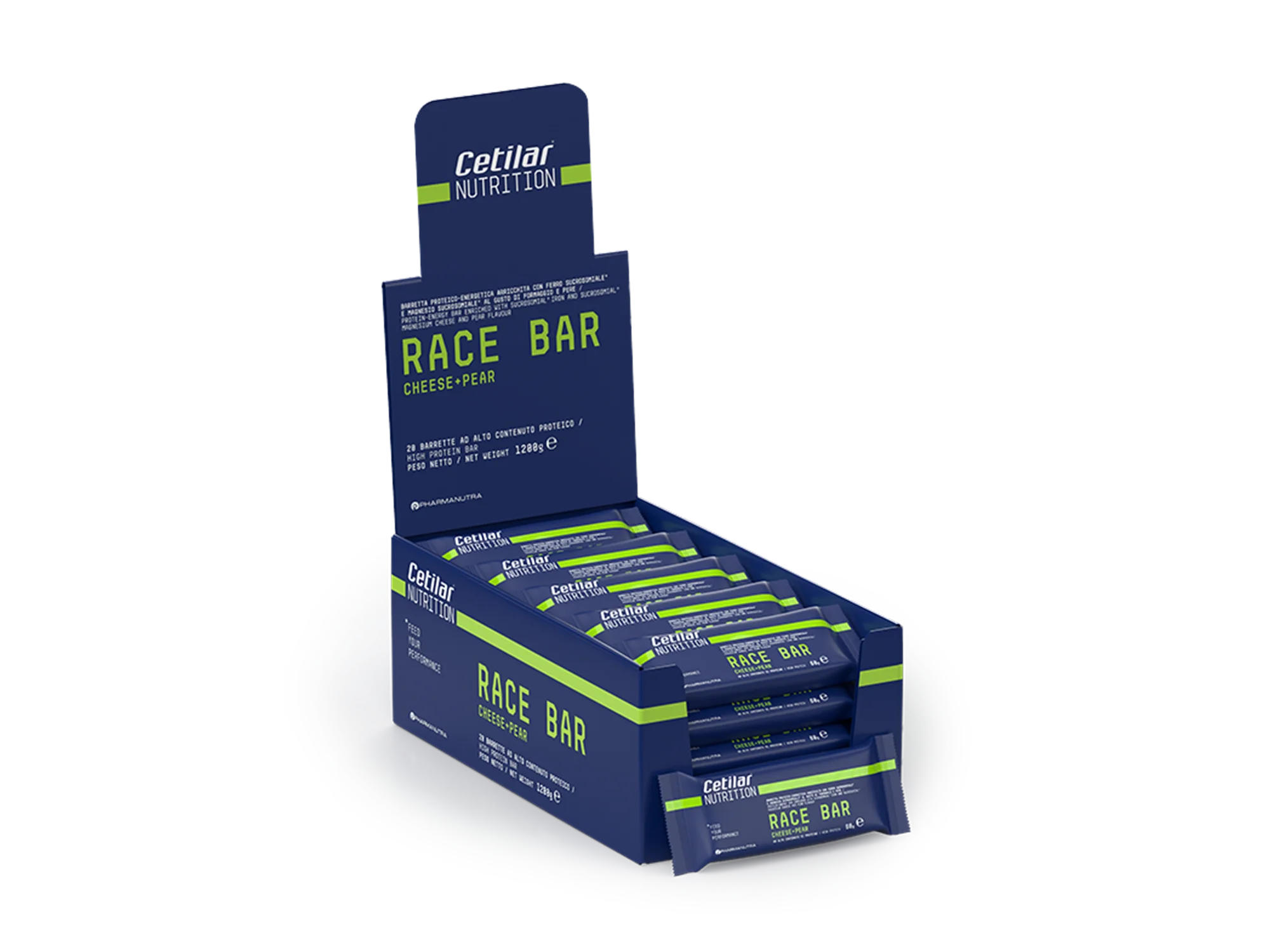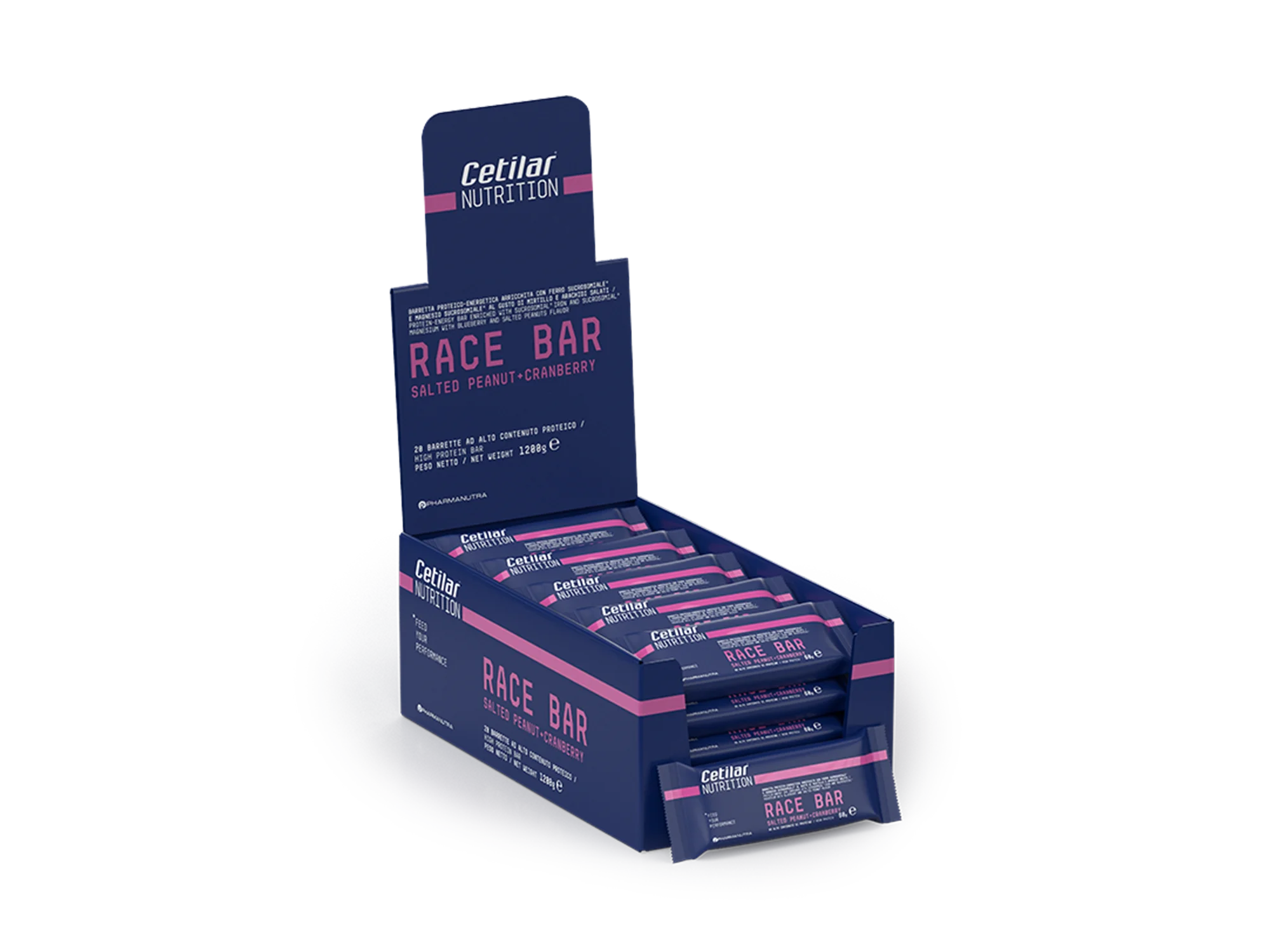Nutritional strategies for martial arts athletes

It is fundamental for martial arts athletes to adopt suitable nutritional strategies in order to improve their performance. Following a correct sporting diet is essential for achieving their objectives: this is why they have to pay attention to what to eat both pre-workout and after training, as well as during physical activity.
Why people who practise martial arts must follow a correct sporting diet
For both amateur and professional athletes who practise martial arts, sports nutrition is particularly important. Here’s why:
- Martial arts are a complete sport that require the use of the whole body. The muscles and joints are put to the test during physical activity: for this reason, suitable dietary strategies are needed that guarantee energy for the whole body.
- Those who practise martial arts not only have to pay attention to the correct calorie intake but must also focus on variations in mass, as during competitions athletes are classified into categories according to weight.
A specific dietary strategy for martial arts athletes: some recommendations
For the reasons described above, it is recommended that all martial arts athletes be supported by a specialist to help identify the most suitable nutritional strategies. In any case, there are some general rules to follow for a correct sporting diet:
- First of all: never skip a meal during the day. Breakfast, morning snack, lunch, afternoon snack and dinner must be guaranteed to ensure a correct sports nutrition for those who practise martial arts.
- The proportions of the sporting diet for a martial arts athlete must become a mantra: 60% of your total calorie intake must come from carbohydrates; 25% from fats and the remaining 15% from protein. Protein foods, of both vegetable and animal origin, help to maintain the correct muscle mass; while carbohydrates are the main energy source for physical activity. Fats are also important, as they protect our vital organs, carry vitamins and keep the appetite in check.
- Martial arts athletes subject their body to high levels of both muscle and joint stress. This is why they should also eat fruit and vegetables in the right quantity: these foods protect muscles and joints.
What to eat before a competition
As explained, in competitions martial arts athletes are classified according to body weight, in order to allow equivalent classes to challenge. For this reason, athletes near the weight limit avoid eating a few hours before being weighed, and sometimes even drinking, indeed they have to sweat to lose those last few grammes. After being weighed, the priority is to top up the liquids. Once the digestive system has been reactivated, we can think about what to eat. A balanced meal that respects the ratio of macro-nutrients: 65% carbohydrates, better if simple, 25% proteins, and 10% fats.
And a snack before the main meal is a good idea, so you aren’t starving by mealtime. Porridge with nuts and chocolate is a good option. Or a Cetilar® Nutrition protein-energy bar, with a balanced formula (40-30-30) to improve performance during physical activity. Cetilar® Nutrition protein-energy bars have a high protein content and are developed for all tastes: bars from the classic chocolate, to peanut and redcurrant and on to tasty cheese and pear. In just 60 grams, our bars contain two minerals in Sucrosomial® form, iron and magnesium, which help to reduce tiredness and stimulate the normal energy-yielding metabolism.



